Historic Journey with Chicken
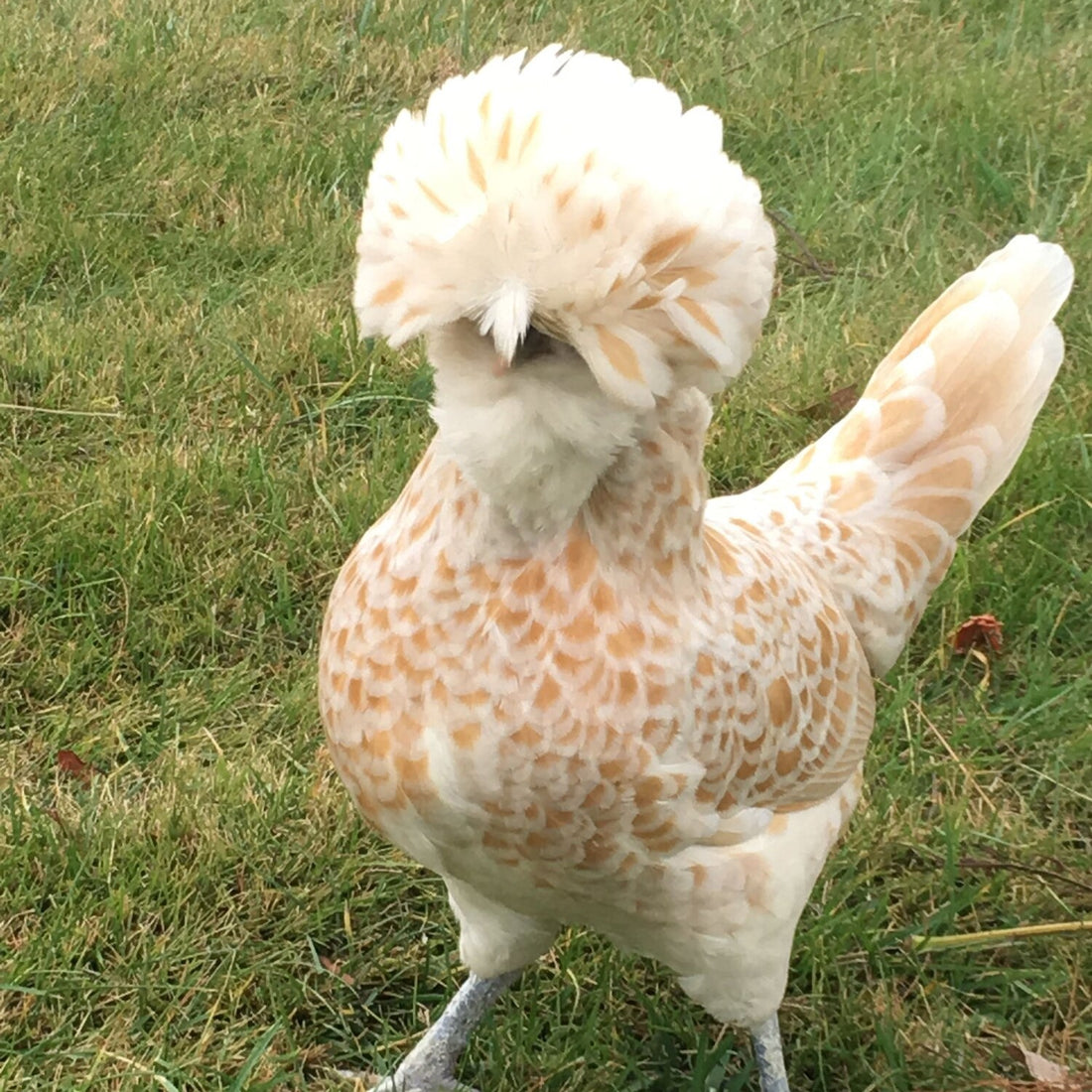
Chickens: The Living Dinosaurs
Recent genetic studies have revealed a fascinating connection: chickens are among the closest living relatives to the Tyrannosaurus Rex. This link offers a glimpse into the prehistoric past, with backyard chickens carrying traits of these ancient predators. Despite their less intimidating appearance, chickens display behaviors and physical characteristics reminiscent of their formidable ancestors.
The Domestication Journey
The domestication of chickens marks one of humanity's earliest ventures into animal husbandry, with the Red Junglefowl (Gallus gallus) identified as the progenitor of today's chickens. This journey from the jungles of Southeast Asia to global domestication reflects a complex history of breeding and adaptation.

Gallus gallus
Breeding and Expansion
As chickens spread across the world, they were selectively bred to enhance desirable traits. This led to the creation of various breeds, each adapted to specific climates and purposes, illustrating the human influence on their evolution.
The 19th Century: A Pivotal Era for Chickens
The fascination with chickens reached new heights in the 19th century, notably influenced by Queen Victoria. Her passion for exotic breeds spurred a widespread interest in chicken keeping, leading to the establishment of poultry clubs and the practice of selective breeding for beauty and utility.
The 20th Century: A Shift in Purpose
This century witnessed the transformation of chicken keeping from small-scale farming to industrial production. Despite the efficiency gains, concerns over animal welfare and sustainable practices emerged, prompting a reevaluation of chicken-keeping ethics.
Chickens in the 21st Century
Today, chickens enjoy a resurgence as backyard pets and producers of food, with over 500 breeds offering a variety of characteristics. This diversity reflects a blend of historical legacy and modern-day preferences.
Ornamental Breeds and Their Appeal
Breeds like Silkies and Polish chickens captivate with their unique appearances, serving as living art in backyards and showcasing the aesthetic value of chickens beyond their utility.
Productive Breeds for Backyard Keepers
Breeds such as Rhode Island Reds and Leghorns have been optimized for egg production, while others offer dual-purpose benefits, embodying the practical and enjoyable aspects of chicken keeping.

Backyard Keepers
The Urban Chicken Movement
Urban environments have embraced chickens, reflecting a growing trend towards self-sufficiency and a connection with nature, even in city settings.
Modern Chicken-Keeping Practices
Innovations in chicken housing and care practices have transformed the experience of keeping chickens, emphasizing welfare and environmental sustainability.
ZiDtia: Redefining Modern Chicken Keeping
ZiDtia emerges as a leader in the chicken coop market, offering designs that blend functionality with aesthetics, catering to the needs of modern chicken keepers.
The Benefits of Keeping Chickens with ZiDtia
ZiDtia coops are designed to enhance the backyard chicken-keeping experience, incorporating features that promote the health and happiness of chickens while offering convenience and style to their human caretakers.
Sustainability and Chicken Keeping
ZiDtia's commitment to sustainability is evident in their eco-friendly coop designs and the promotion of chickens as part of a sustainable lifestyle, reducing waste and providing organic pest control.
The Future of Chicken Keeping
Looking ahead, ZiDtia is poised to continue innovating in the space of chicken housing, with a vision that supports both urban and rural chicken keepers in nurturing their flocks.
Conclusion
The journey from jungle fowl to the backyard roost is a story of evolution, innovation, and enduring fascination. With ZiDtia, this tradition continues, embracing the past while looking forward to a future where chickens are cherished as both pets and providers.
No comments


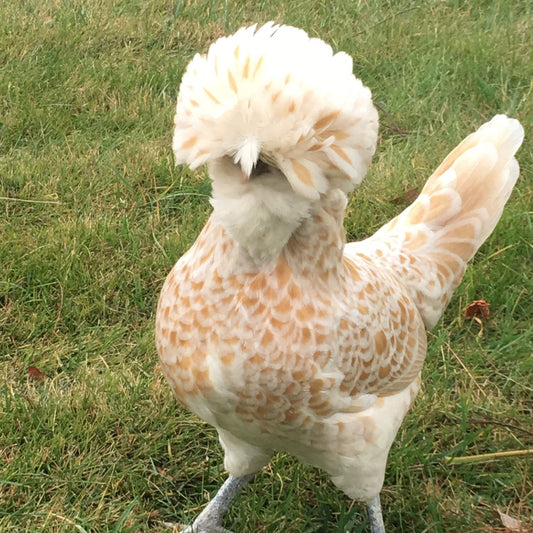

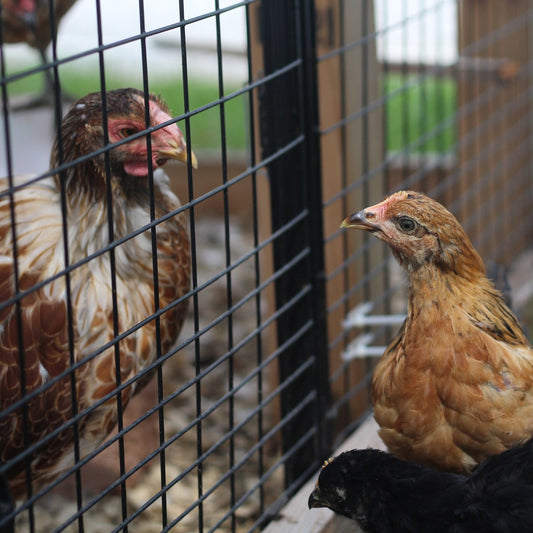
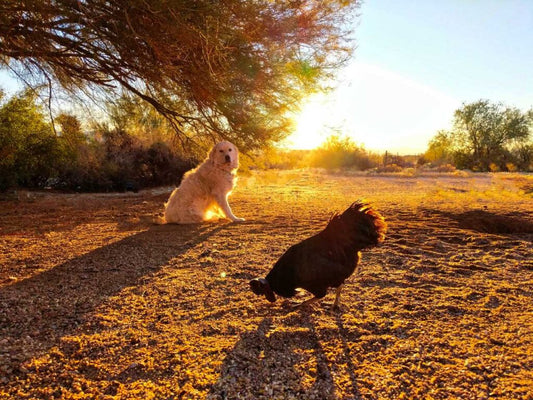
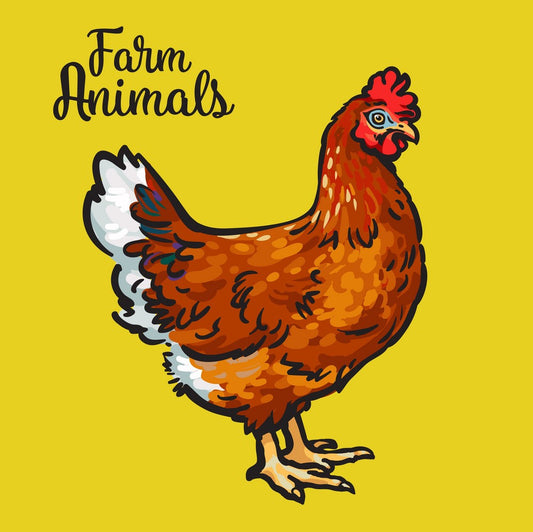




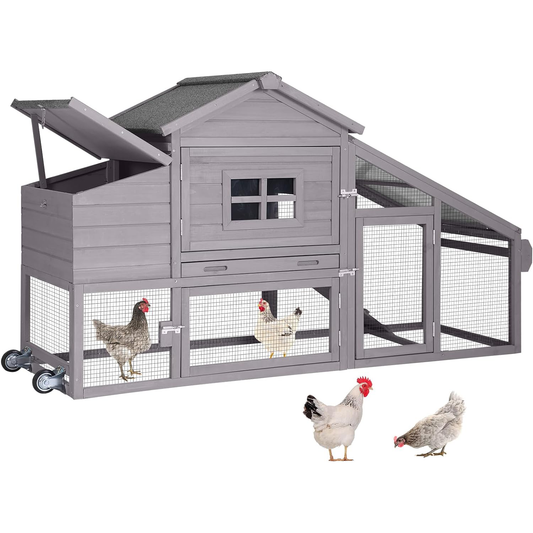



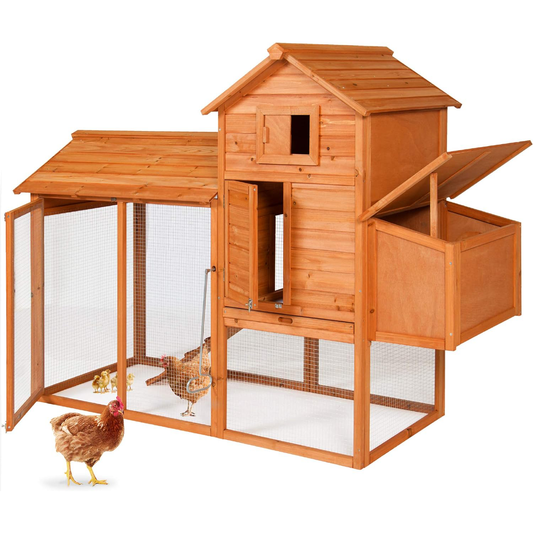



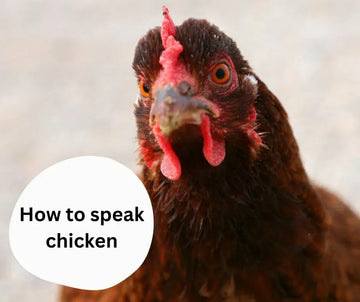

0 comments